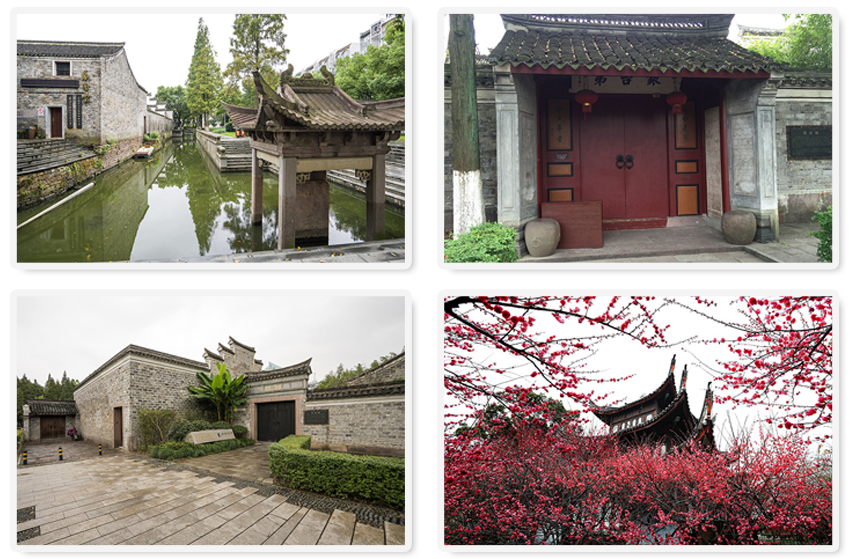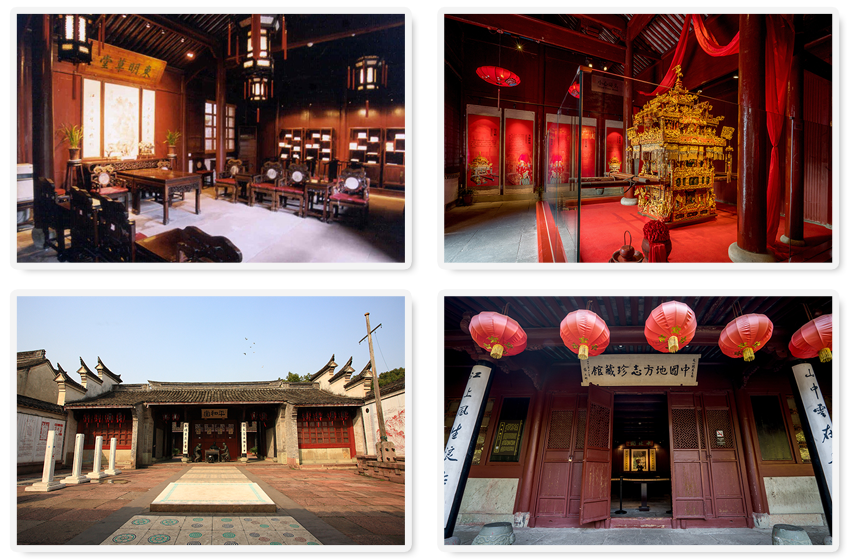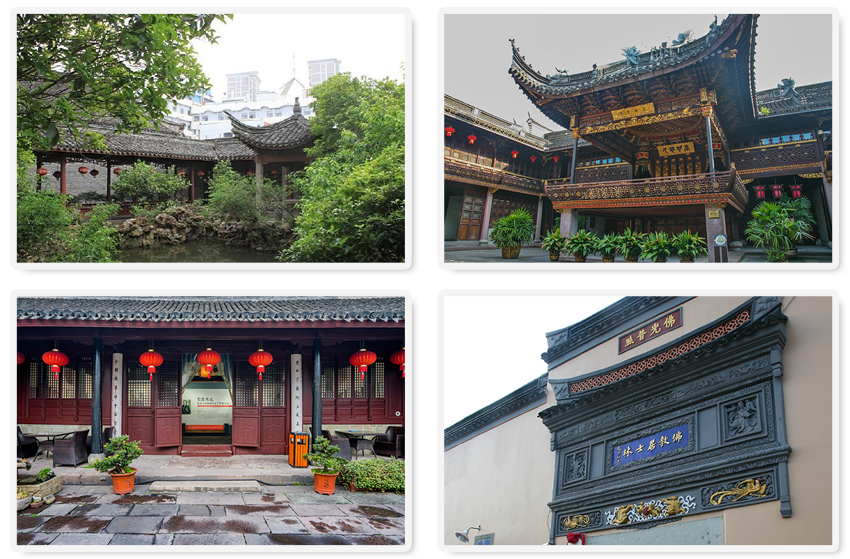current location:Home> > Scenic profile
Boasting the towering Siming Mountain and three great rivers (the Yaojiang River, the Yongjiang River and the Fenghua River), Ningbo is an ancient city flourishing along with the rivers.

In821during the Tang Dynasty, Ningbo, a seaside city whose former name was Mingzhou, came into being at the confluence of three rivers. Its history can be dated to the Hemudu Culture seven thousand years ago, and through the age of the Marine Silk Road, it finally shaped into a grand oriental port city.
The Sun Lake and the Moon Lake grant people brightness.In 833 of the Tang, Wang Yuanwei, magistrate of the Mao County, constructed the Tuoshan Weir to divert the water of Zhang Brook eastward, which then accumulated into the Moon Lake and Sun Lake to relieve people from drought and flood, thus making the city, of which the water is the spirit and soul, beat with life, and unveiling a wonderful chapter of the graceful Moon Lake.

In 1047, Wang Anshi was posted to be head of Yinxian County. He thus hired the famous “Five Gentlemen of the Qingli Period” by the Moon Lake, thus reinvigorating Ningbo’s academic arena. And this also marked the budding of the East Zhejiang School. Between 1086 and 1094 in the Yuan Dynasty, local officials Liu Shu and Liu Cheng facelifted the Moon Lake successively, bringing into being ten beautiful islets. In 1117, official Lou Yi built a guesthouse for Korean envoys by the Moon Lake, and the lake thus became a shining pearl on the Maritime Silk Road. In the South Song Dynasty, Hangzhou was the capital then. Because Mingzhou (Ningbo) was quite near, many high officials have served here. Under the leadership of the talented Shi family that has occupied many high positions, poetry societies, schools and libraries mushroomed by the Moon Lake. Since the “Four Gentlemen of the Chunxi Period” began to deliver lessons at the lakeside, the Siming School came into being, propelling the East Zhejiang academia into its peak. The four masters carried on the philosophy of the mind of Lu Jiuyuan and became the bridge between Lu Jiuyuan and Wang Yangming (who was the greatest mind of the philosophy), thus making great contributions to the development of the mind philosophy.

The Lake, steeped in history, has witnessed numerous men of letters lingering on. Famous Tang (618-907) poet He Zhizhang, renowned Northern Song (960-1127) statesmen such as Wang Anshi, Zeng Gong and Shu Dan, Southern Song Dynasty(1127-1279) celebrities including Shi Hao ,then Prime Minister, Yang Jian and Wang Yingling, Qing Dynasty (1636-1912) scholars including Yang Jian and Wang Yingling, and great historians like Huang Zongxi, Wan Sitong and Quan Zuwang all contributed to the ten scenic islets’ reputation as “Zoulu in East Zhejiang”(center of men of letters) by leading a poetic life, or giving lectures, or composing masterpieces there.
Fan Qin, then senior minister of the Ministry of War, built the Tianyige Library, the name of which suggests “Heaven embodied in One gives birth to water, while Earth represented in Six makes it grow”, on the west bank of the Moon Lake. Having stood for more than 400 years, it is the oldest private library preserved in China, boasting favorable atmosphere of reading. Generations of scholars, with their tough characters, imparted great cultural profundity to Ningbo.
All through the vicissitudes of history, the Tianyige Museum & Moon Lake Scenic Area remains the urban cultural highland boasting the richest cultural resources. Nowadays, with the Tianyige Museum & Moon Lake Scenic Area as the core, Ningbo is exerting itself to turn the scenic area into a 5A scenic area that integrates the cultures of book collection, creativity, and entertainment, adding splendor to the city.
The ancient city is still advancing gracefully. When looking back on its splashy days, what distinguishes itself from other cities is its profound cultural and literary deposit.